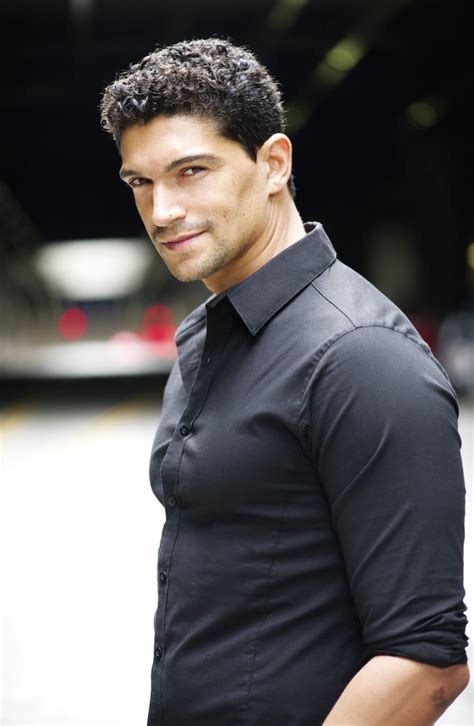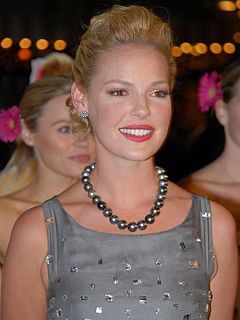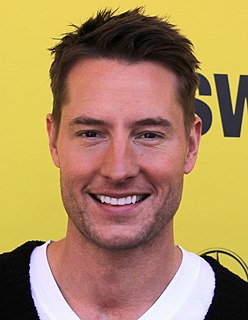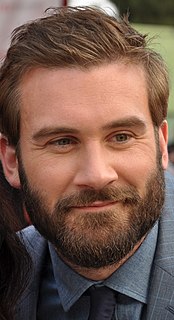A Quote by Glen Duncan
I'm not very good at story. In fact, compared to character and language, I barely care about story at all.
Related Quotes
I think that people have to have a story. When you tell a story, most people are not good storytellers because they think it's about them. You have to make your story, whatever story it is you're telling, their story. So you have to get good at telling a story so they can identify themselves in your story.
The story is the only thing that's important. Everything else will take care of itself. It's like what bowlers say. You hear writers talk about character or theme or mood or mode or tense or person. But bowlers say, if you make the spares, the strikes will take care of themselves. If you can tell a story, everything else becomes possible. But without story, nothing is possible, because nobody wants to hear about your sensitive characters if there's nothing happening in the story. And the same is true with mood. Story is the only thing that's important.
The Universe story is the quintessence of reality. We perceive the story. We put it in our language, the birds put it in theirs, and the trees put it in theirs. We can read the story of the Universe in the trees. Everything tells the story of the Universe. The winds tell the story, literally, not just imaginatively. The story has its imprint everywhere, and that is why it is so important to know the story. If you do not know the story, in a sense you do not know yourself; you do not know anything.
Too many writers think that all you need to do is write well-but that's only part of what a good book is. Above all, a good book tells a good story. Focus on the story first. Ask yourself, 'Will other people find this story so interesting that they will tell others about it?' Remember: A bestselling book usually follows a simple rule, 'It's a wonderful story, wonderfully told'; not, 'It's a wonderfully told story.'
What drew me to Batman in the first place was Bruce Wayne's story, and that he's a real character whose story begins in childhood. He's not a fully formed character like James Bond, so what we're doing is following the journey of this guy from a child who goes through this horrible experience of becoming this extraordinary character. That, for me, became a three-part story. And obviously the third part becomes the ending of the guy's story.


































